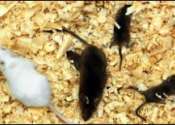Why your cat does these 6 things, according to science
Having a cat (or several) can add companionship and warmth to any household. As you share each other's space, however, you may have noticed a few quirks that your cat exhibits, varying from adorable to plainly bizarre.









